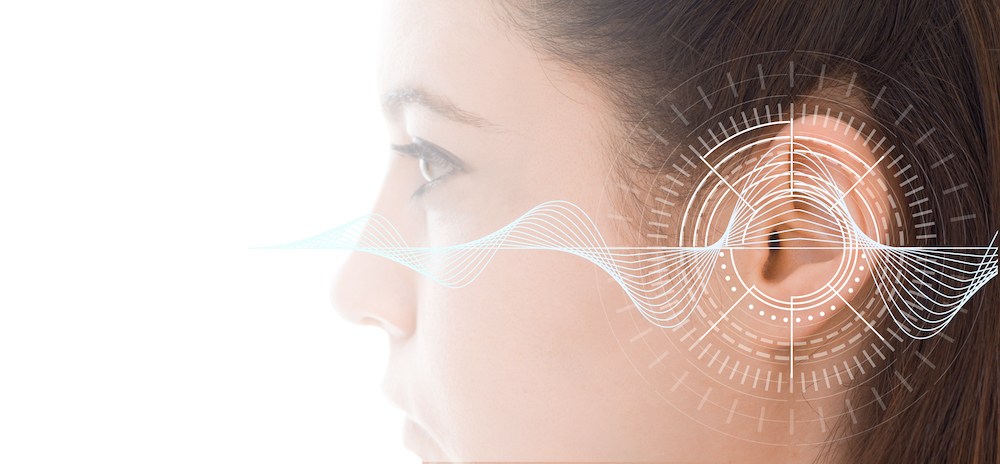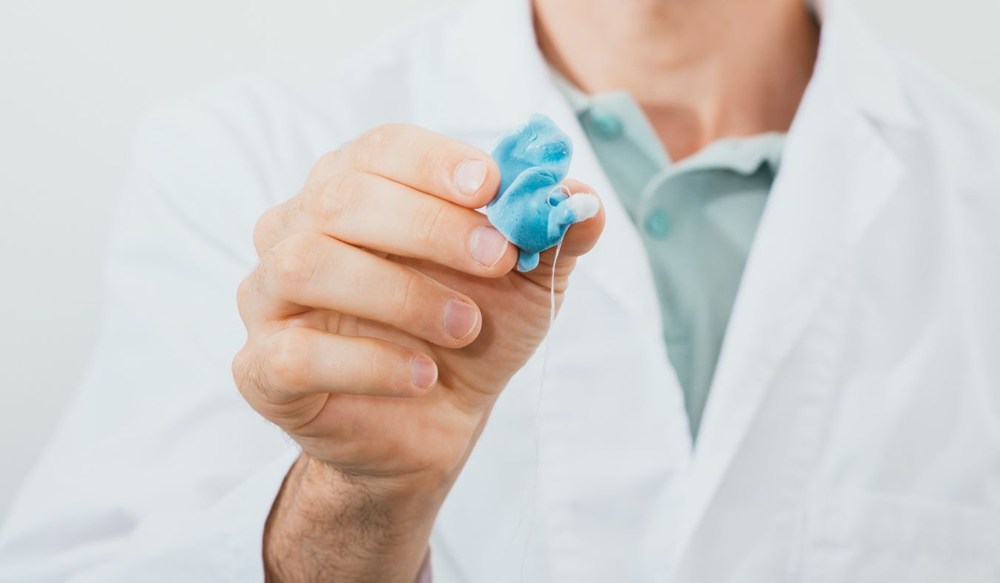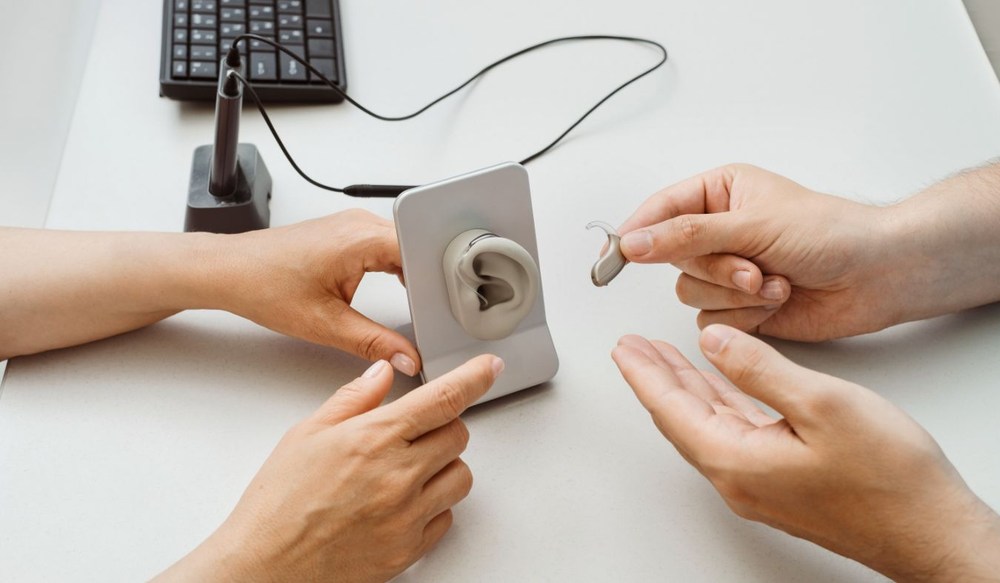How to Protect Your Hearing at Concerts and Loud Events
Live music events can be a great way to enjoy your favorite bands, whether


Live music events can be a great way to enjoy your favorite bands, whether

Getting your hearing checked regularly is an important part of taking care

Hearing aid technology has improved in recent years, with rechargeable